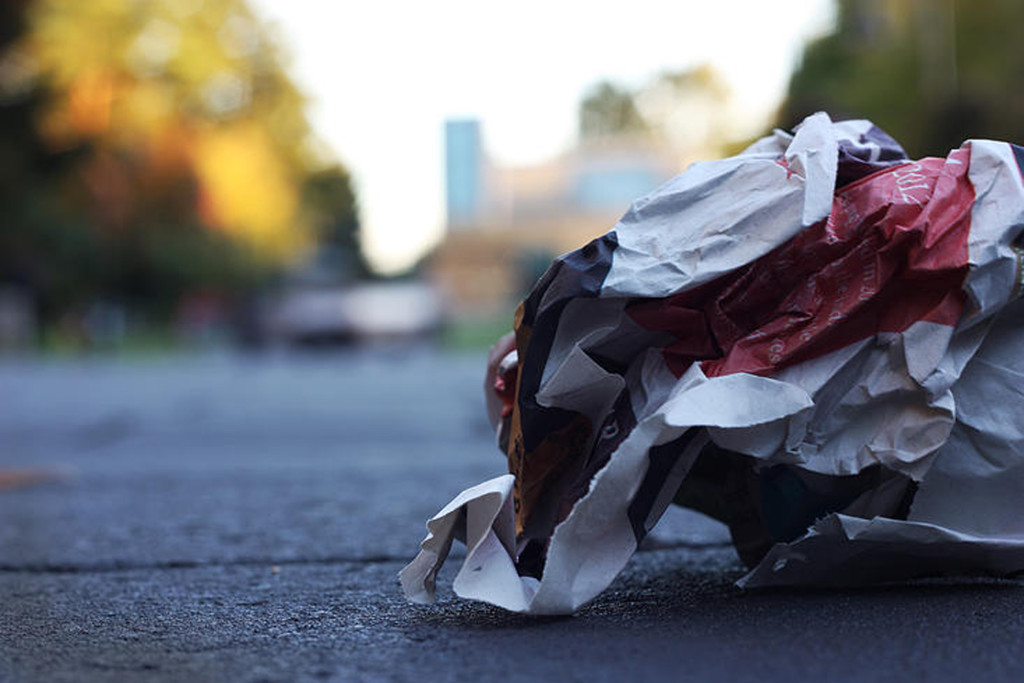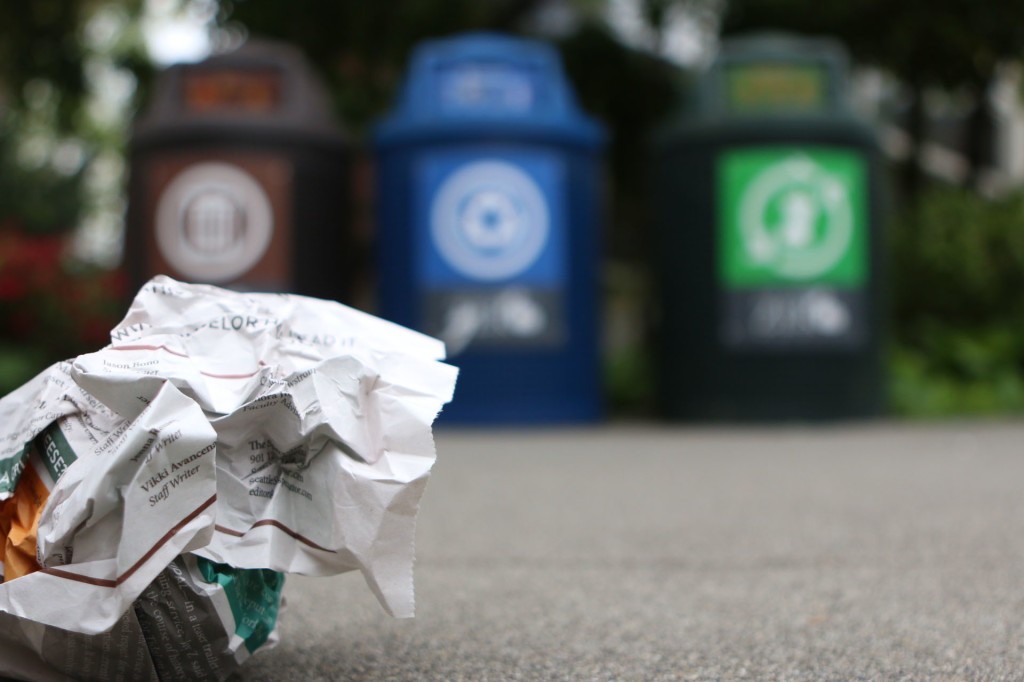Do you have what it takes to save the environment?
At Seattle University, environmental sustainability is a focus in almost everything the university does. The Center for Environmental Justice and Sustainability has put together a four week program called the Eco-Challenge to help students, faculty and staff learn more about how their choices can impact the environment and how they can make positive change.
“The challenge is kind of based on the wellness challenge,” said CEJS intern and senior marine and conservation biology and environmental studies major Kaitlyn Hammond. “It is an opportunity for people to make changes to their habits or form new habits that are good for the earth and learn about different issues that are affecting the environment and to advocate.”
The Eco-Challenge began on April 7, and has a different theme each week. Themes for this year’s challenge are personal care and cleaning products, food, waste and energy and water. Each week, the participating teams will enter a score card based on what they accomplished and have a chance at a prize. Teams can earn points in several different ways one of which involves changing one particular habit over the entire duration of the challenge.
“The habit that I am working to improve over the four week challenge is to unplug unused electronics and keep lights off in rooms that I am not in,” said Sponsored Projects Accounting Technician Jenna Isakson from the College of Science and Engineering. “The Eco Challenge pushes me to re-examine my habits, look for new ways to be more sustainable and refocus on my current sustainable practices.”
Teams can also earn points by doing something challenging, learning about an issue through videos, articles or attending an on-campus event, advocating for an environmental cause and sharing what they have learned using social media.
“I think the purpose of this is to have a good time while being challenged to think about how our lifestyles connect with and/or impact justice issues related to sustainability,” said CEJS Program Coordinator Michael Schut. “We want to try and have it be a fun competition with prizes and so on but also a way to raise awareness and teach people about how their lifestyles influence the rest of the world.”
This is the second straight year that the Eco-Challenge is occurring and it is expected to be an annual event. Last year Karen Price, Seattle U’s former campus sustainability manager, got the program rolling and put together a team of students to actively participate in putting on the challenge this year. This group consists of the CEJS interns and the Resident Assistants for the Earth and Society Living Learning Community. The key differences to the challenge this year are the new themes and methods of scoring.
“I know for sure the way we are doing score cards is more fun and interactive…For prizes we are doing weekly drawings,” Hammond said. “This keeps people more engaged, but it is not so much about winning as it is about making small positive changes for yourself. If we can keep people at it, we are doing something right.”
This year, there are about 30 teams of three people participating in the challenge. Most of these teams consist of students but there are a few that consist of faculty and staff.
“I was glad to have the chance to reunite with my team of coworkers, the Trash Talkers, for another year,” said Senior Administrative Assistant Joy Crevier from the Departments of Civil and Environmental Engineering. “The opportunity has proven to be a great way to not only heighten my environmental awareness but more importantly improve my daily practices.”
People who are not competing are still encouraged to learn more about environmental issues and work on changing some of their daily habits.
CEJS has information on several topics related to environmental sustainability on its website. Students and faculty have also had fellowships with the center where they can conduct and present research on a topic they are passionate about. There is a lot of information on the subject and this Eco-Challenge is just one small way people can make
a difference.
“We hope that it is fun and that people learn from it and see there is a connection between what they do in their daily lives and the larger environmental justice and sustainability issues on a global scale,” Schut said. “Hopefully people will feel empowered to continue their action throughout the rest of their lives.”









